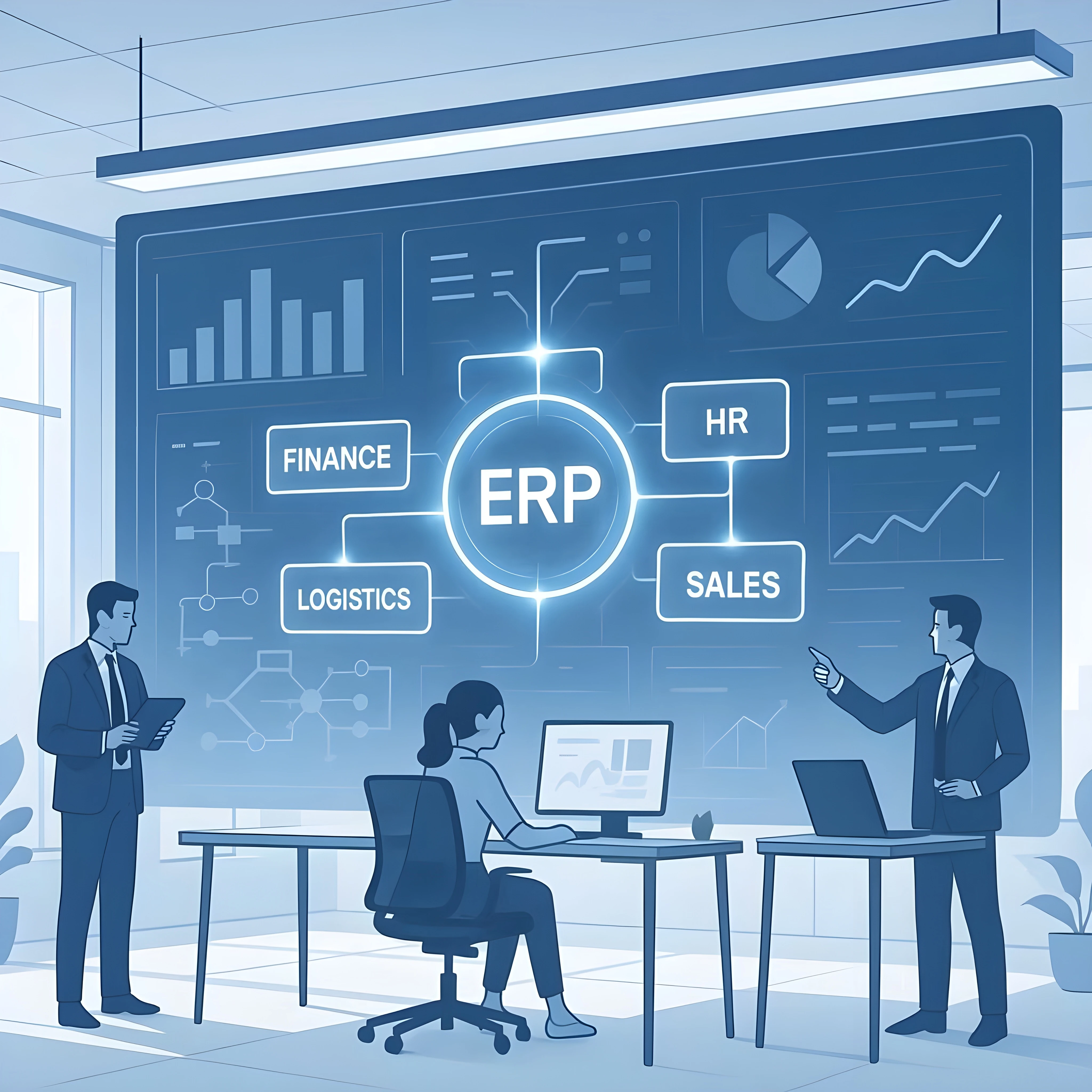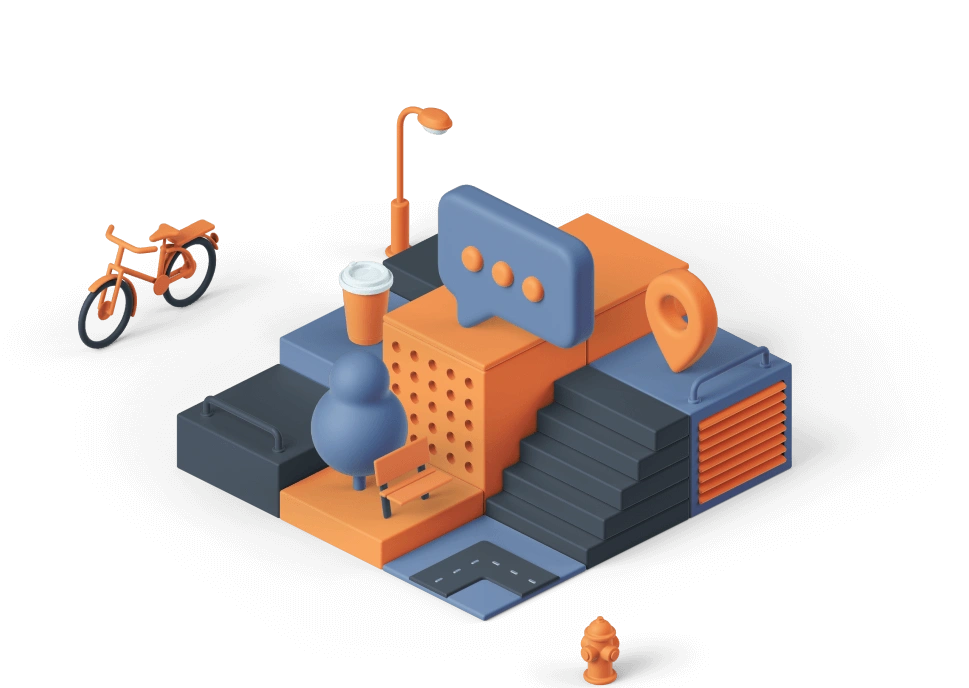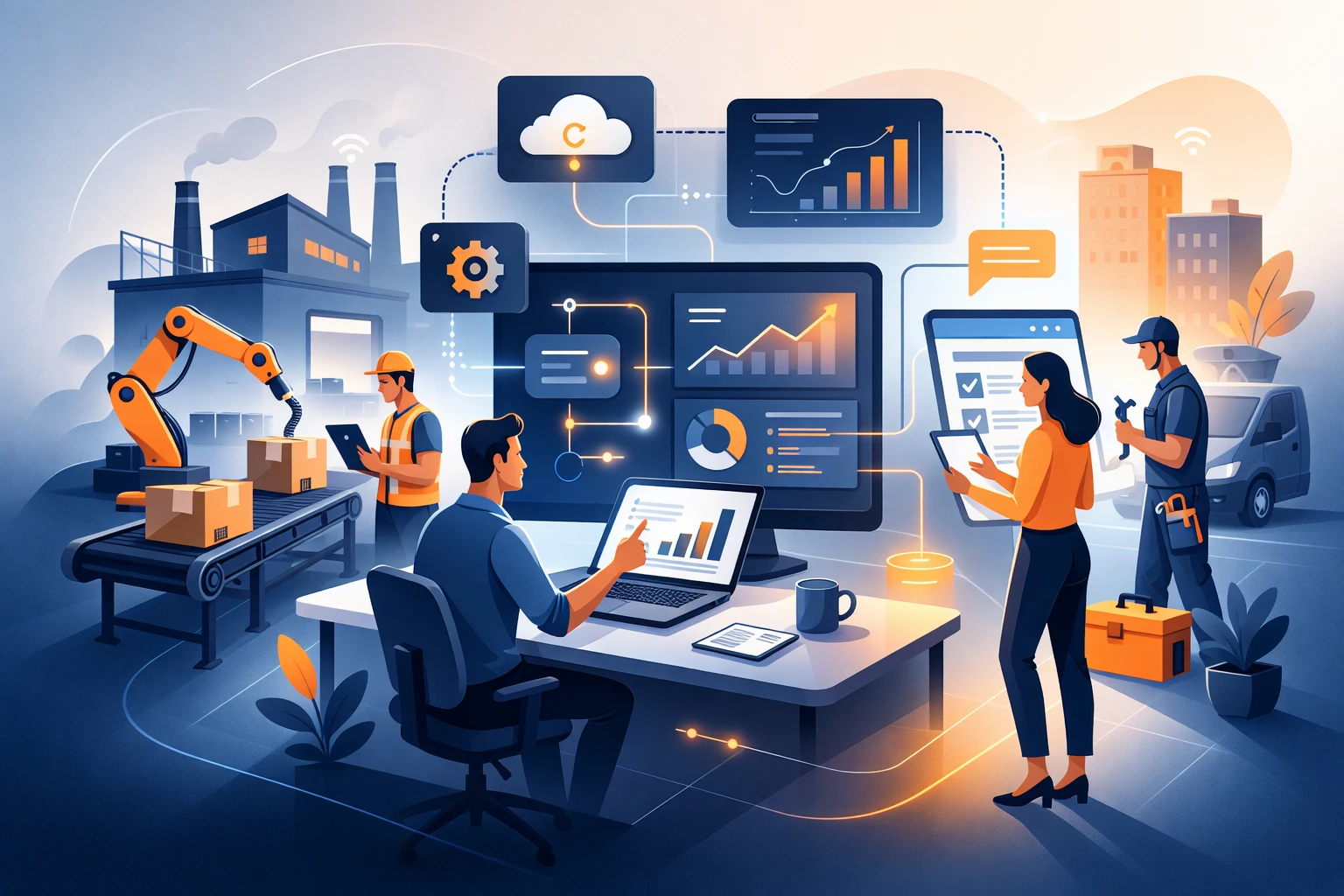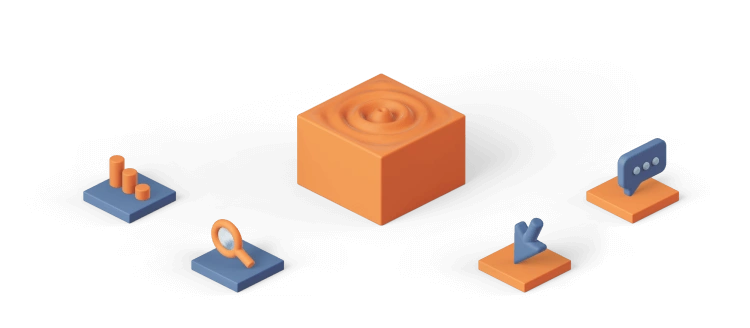How ERP Reduces Costs and Increases Productivity

In today’s competitive environment, success depends on how effectively a company manages its resources. Businesses need tools that not only monitor operations but also streamline and accelerate them. This is exactly what ERP (Enterprise Resource Planning) systems do: they bring together different departments into a unified, transparent ecosystem.
Cost Reduction with ERP
-
Centralized System – Fewer Licenses and Tools
Instead of purchasing and maintaining multiple software solutions (for finance, inventory, HR, etc.), ERP consolidates everything into one platform, reducing IT expenses. -
Error Minimization
Manual data entry often leads to mistakes that are costly to fix. ERP automatically synchronizes data across all departments, eliminating duplication and miscommunication. -
Process Automation
Automated workflows for invoicing, reporting, and inventory control reduce administrative overhead and free up employee time.
Productivity Growth with ERP
-
Real-Time Data
Managers and teams can access up-to-date information, enabling faster and more accurate decision-making. -
Improved Collaboration
Finance, logistics, sales, and HR all work on the same platform, enhancing coordination and reducing information silos. -
Automation of Routine Tasks
Features like automatic reporting and stock alerts allow employees to focus on strategic tasks rather than repetitive manual work. -
Scalability
As the company grows, ERP adapts to new business needs without requiring a complete system overhaul.
Real Business Value
ERP is not just software—it’s a strategic tool for business optimization. It helps companies:
-
Cut unnecessary expenses
-
Boost efficiency
-
Improve collaboration
-
Gain a complete real-time view of operations
For businesses in Georgia and worldwide, ERP provides a foundation for sustainable growth and competitiveness.






